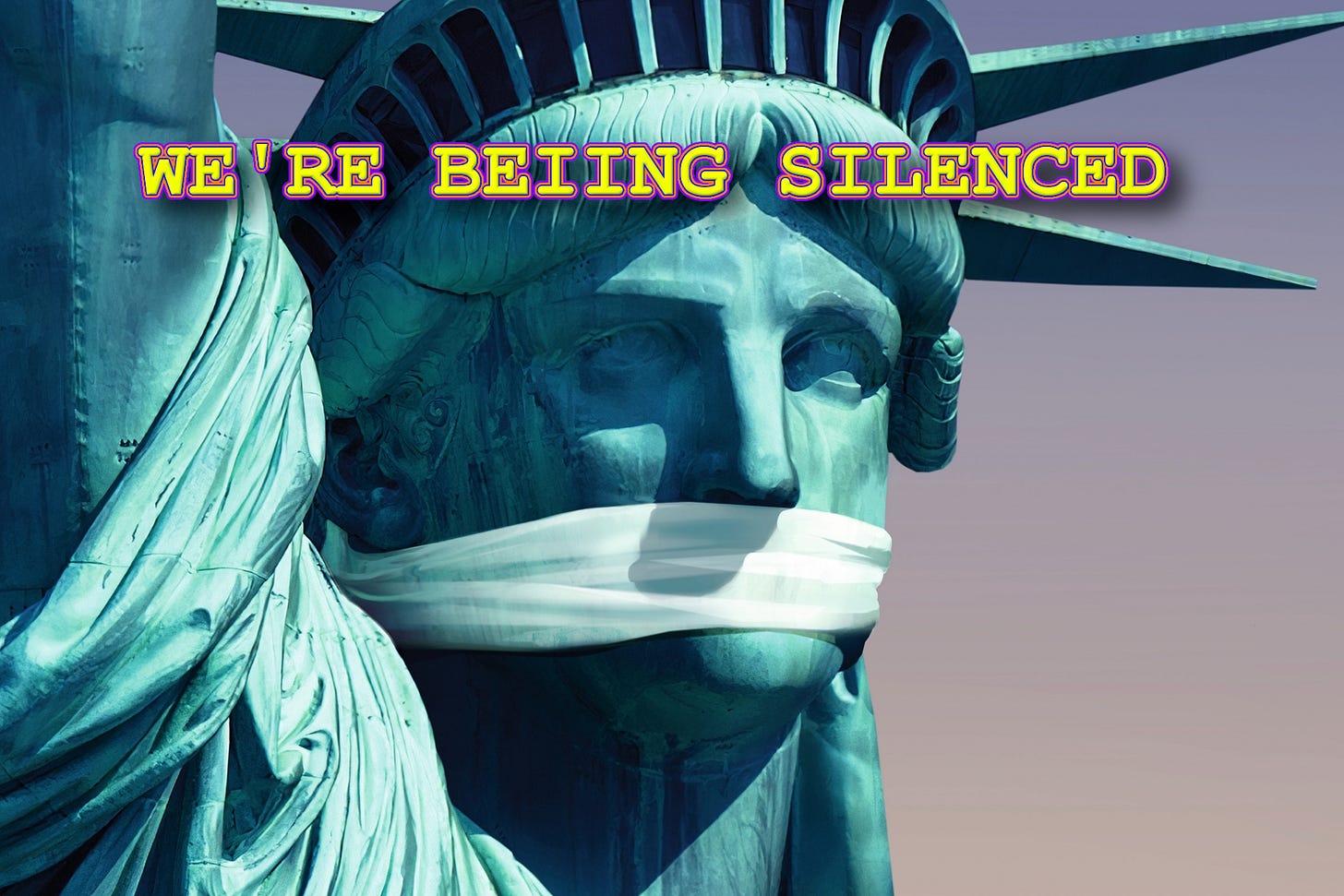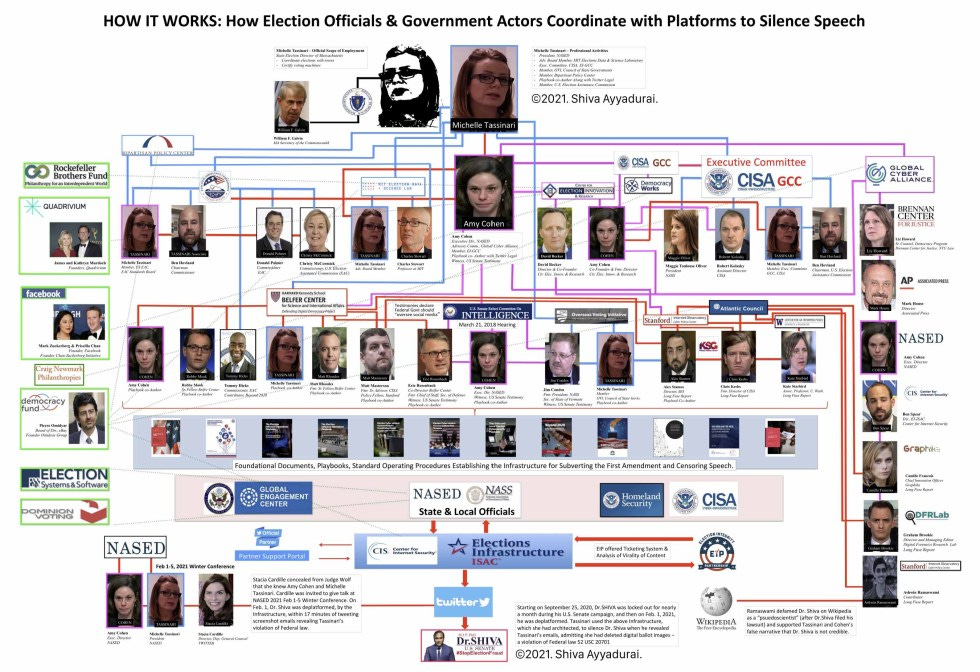In any given moment there is more happening than we can possibly comprehend.
As such, our brain has a set of natural filters that help us sift through all the incoming signals, in order to limit the input to a manageable level. Generally speaking, the mind does all of this on auto-pilot, filtering out background noise—literally and figuratively—creating generalizations, distortions, and actually “deleting” information that it deems unnecessary to one’s survival.
These are well-known mental filters, which along with all-or-nothing thinking and a slue of other automated and often involuntary modes of thinking, do a great deal of harm to our ability to accurately perceive the nuance in any given situation.
What must be emphasized here, is that these mental mechanisms have been in place and functioning since long before the current crop of modern technology started relentlessly slinging an unprecedented amount of information at our subconscious minds. The culmination of this barrage, in conjunction with our biological limitations, is rapidly and significantly reshaping public perception in a myriad of ways.
Enter the Censorship Industrial Complex.
It is not a question of if the government is colluding with private tech firms to censor free speech and political discourse—but a question of how they are doing this, to what end, and what exactly can be done about it. The first step in answering these questions is, of course, understanding what these shysters have been up to.
Along with the House Judiciary report linked above, which provides 68 pages of investigation and insights into this unholy state censorship apparatus, other notable and hefty reports on the Censorship Industrial Complex include:
Any one of those links would provide an excellent launching pad for further exploration of this dark and seedy scheme to silence political dissent, but to help you visualize the complexity of this nefarious network, I want to share this chart from MIT PhD Dr. Shiva Ayyadurai—who claims to be the first to connect all the dots:
The point here is to put some faces with the name “Censorship Industrial Complex.” This vast and concerted effort to eliminate dissenting perspectives, violate First Amendment rights, and grossly manipulate public opinion is being carried out by progressive operatives in both public and private positions of influence.
This chart demonstrates how a few dozen radical activists can wield such an enormous amount of influence over the information that Americans get fed, which translates into personal beliefs and behavioral change that directly impacts elections—and make no mistake, this is all about elections.
Interestingly enough, there are finally some leftists coming out in defense of free speech, including the Environmental Progress website, which quite artistically overlays their “defund the thought police” slogan over the symbolic communist rays of the rising sun:
Just for some reference on the underlying symbolism, note the similarities:
Regardless of their slant, these progressives present a spot on warning:
“Warning: Governments around the world are targeting its citizens.”
This is true, is it not? Governments around the world, in cahoots with global tech firms, are actively targeting their citizens for censorship and emotional manipulation. In theory, this is a threat that could unite intellectually honest individuals across the political spectrum, is it not?
Therefore, this is a good issue to keep front and center.
The threat of government censorship, which is happening in real-time right this very moment, is a topic of conversation that is fairly easy to bring up. What do you think about the government controlling what people think? That’s what censorship is really all about: by controlling the flow of information, they control what people think, which in turn controls how people behave, including how they vote.
Hypothetically speaking, it is not difficult to imagine a scenario wherein the powers that be—or some individual or secretive group—intentionally censors unflattering information, or even potentially criminal information, in order to save face and avoid public backlash or lawsuits stemming from some level of immoral misconduct.
I don’t think anyone would attempt to deny that this happens on regular basis.
By extension, if we take the covid origin cover-up as just one example of state coordinated censorship, it is easy to see how such desperate attempts to avoid public scrutiny can have far reaching ramifications. Same goes for the Hunter Biden laptop cover up, which included the knowingly false and misleading statements made by some 51 current and former intelligence officials.
These two operations alone significantly impacted the outcome of the 2020 election (to put it lightly), but most disturbingly, it proved that such illegal and unethical shenanigans could be conducted in broad daylight—and in the drawn out legal battles that ensue, the public conveniently forgets or loses sight of the fact that such psychological operations just warped the very fabric of reality.
In other words, by controlling human perception (via censorship), elite and powerful entities were able to change the way we see the world, and they continue to do so to this day. What is real? How do we know? Who do we trust? What is the truth?
To buy their propaganda is to believe that the government alone can answers these questions. The government trains, retains, and determines who gets to be “The Experts,” and in turn these so-called “experts” get to tell people what to think. Thus, for all practical purposes, the state tells the public who to trust and what to believe.
It goes without saying, but this directly affects how people behave—which I believe accounts for a great deal of the entirely unnatural and detrimental trends we are witnessing today, such as social distancing, masking, and uptake of experimental injections (soon to be self-administered from the comfort of your home).
It also accounts for the odd beliefs that seem to sprout out of nowhere and get rapidly disseminated through their relative circles of influence. This happens on the left and the right, such as when liberals adopt the mantra “free speech is a free-for-all hellscape” or conservatives passively accept the need to “stand with Ukraine” and “stand with Israel”—i.e. further bankrupt our country funding wars on multiple fronts—all without a second thought as to the logistics and logical implications.
I say these are odd beliefs, because without the carefully curated narrative, the selective censorship, and the state funded propaganda, it seems very unlikely that any reasonable person would have these perspectives or hold these convictions.
Think about it: if it wasn’t for the constant barrage of news and narrative, why would any American ever have a clue or even care about what’s happening in Eastern Europe—about this conflict that’s been playing out over and over again for decades, just like what’s happening in the Middle East. The truth is, conflicts are common, they happen all around the world all the time, but Americans are not always hyper-sensitized to these conflicts the way they are now. What are the implications?
It’s emotional manipulation, straight up and served neatly.
Since we can only process so much, and our benevolent dictators have taken it upon themselves to determine what we should be thinking about, they can pluck on our heart strings like a cheap guitar. Any sense of sympathy or solidarity will do—and once they’ve set the emotional hook, they can reel us into supporting their agenda.
Typically that support comes in the form of hiding behind a smug sense of moral superiority to justify irrational thinking, irresponsible spending, and other reckless engagements. Again, this pattern plays out time and again on the left and the right.
HERE’S THE GOOD NEWS:
We can break this pattern with the power of intention.
We can cultivate curiosity.
We can cultivate curiosity within ourselves, and we can cultivate curiosity within our communities. The method is simple: ask compelling questions.
I like to refer to this as “The Tool of Intelligent Inquiry.”
When we ask the right questions, we can very skillfully direct our awareness—and/or the awareness of others—toward productive ends. The most productive outcomes generally produce a little “aha” in the mind, as one’s perspective expands to include previously unprocessed information. It’s like a tickle in the brain.
I never knew that. I never thought about it like that before. I hadn’t looked at it from that angle. That wasn’t something that was on my radar. Wow, that’s fascinating, I’m going to have to chew on that one and process it for awhile.
These are all good outcomes of a stimulating conversation.
What do think about the government controlling what you get to eat, how much water and electricity you get to use, or even what you’re allowed to think and say out loud?
What do you think about state sponsored emotional manipulation of the public?
Have you heard about those fascinating little known facts at TheTorchReport.com?
Would you agree that censorship is a threat to us all?
Tell me about that… I’d love to know what you think!
To cultivate curiosity, we must learn to ask questions and listen intently. This opens the door to dialogue and an open exchange of ideas. While the tech companies can censor us online, they cannot stop us from gathering and meeting face to face. They can’t stop us from connecting at the heart level. They can’t stop us from being human.
This is how we can beat the machines. Empathy unlocks the answers!


















